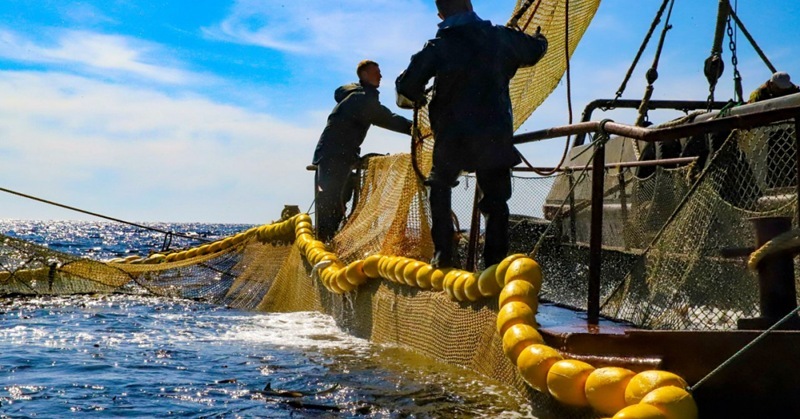The Government of the Russian Federation has changed the financial burden conditions for companies using fishing grounds, raising concerns about the long-term environmental consequences of such a decision. Enterprises that conduct industrial and amateur fishing, especially of valuable salmon species, have been given the opportunity to renegotiate contracts for the use of land for the next two decades. However, the key condition is that the payment to the state budget in the amount of 200 billion rubles will now be made on more lenient terms.

Initially, according to Resolution No. 959 of July 13, 2024, this significant amount was to be paid in three tranches over three years: 40% immediately, and 30% each over the next two years. This scheme has sparked discussions and requests from the fishing industry to extend the deadline and increase the number of payments to reduce financial pressure.
In response to these requests, as stated in Rosrybolovstvo, the government has met business halfway. The motivation was explained by the fact that there are many small and medium-sized enterprises with low profitability operating in this industry. However, the published decree No. 598 actually softens the conditions for all companies, including large ones, whose presence, for example, in the salmon fishery is significant.
The new rules extend the installment plan to four years and divide the total amount into four parts. The first payment of 25% must be made by the end of 2025, the second, 15%, within the next year, and two final payments of 30% each before the expiration of the second and third years from the date of the start of use of the plots. At the same time, the deflator coefficient will not be applied when calculating the fee, which can potentially reduce the real cost of payments, taking into account inflation.
Although the total amount of 200 billion rubles remained unchanged, installment payments raise questions from the point of view of environmental responsibility. Easing the financial burden on users of natural resources can reduce the incentive to implement expensive but necessary measures to conserve biodiversity and minimize damage to aquatic ecosystems. Providing access to valuable fishing grounds for two decades in advance for a fixed amount, paid under a simplified scheme, can be perceived as prioritizing short-term economic benefits over long-term sustainable management of natural resources.
It is alarming that such significant areas of water areas are being transferred for long-term use without a visible strengthening of environmental control or requirements for the restoration of exploited resources. The question remains whether the sum of 200 billion rubles adequately compensates for the potential depletion of fish stocks and the burden on ecosystems during the twenty-year period of intensive exploitation. More than 36 billion of this amount should be allocated to the budget as early as 2025, if the legislation on the terms of renegotiation of contracts remains unchanged after possible amendments on May 20.